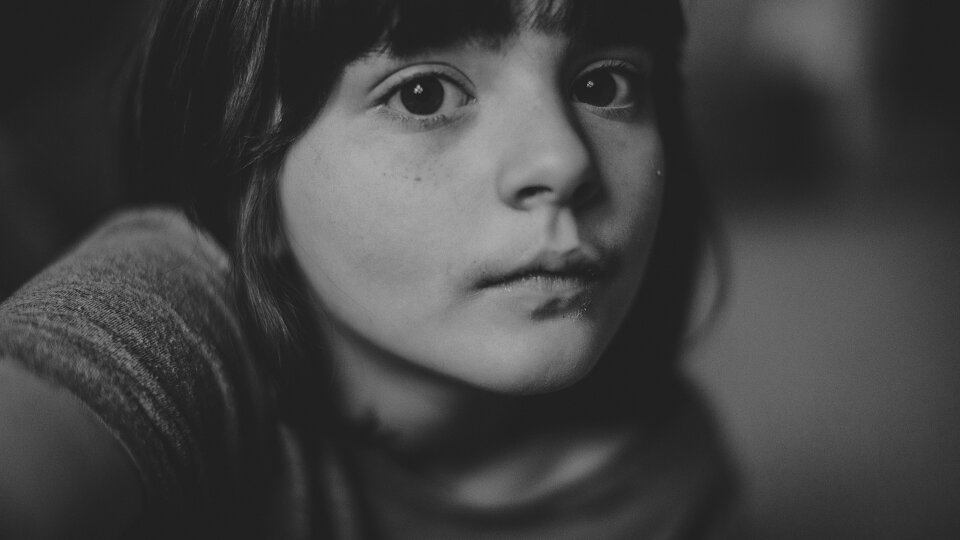An Important Thing to Remember About Foster Care
I have a saying I believe with my whole, big ol’ heart that will make a difference in your life if you can wrap your mind around it. It goes a little something like this…
Wait, now before I go on, brace yourself. It’s not one of those sayings that applauds you for dominating the adulting gig. It’s not an “atta girl!” kinda saying. It’s more of the salty-truth variety than the way-to-go variety. It’s not a saying that will help you like me very much, but you can trust me. Okay, here goes…
It’s not about you.
Aheh. How did that feel? Maybe take a deep breath and try it again.
It’s not about you.
Better? Such an idea can feel a bit radical these days. It’s counter-cultural. We like to think everything is about us, and we want everyone else to make everything about us too.
In fact, we’ve gotten so self-absorbed, when something’s not about us, we have a tendency to do whatever we can to put the focus back on us, right where we think it belongs.
But I don’t know when thinking only of ourselves could be worse than when it dramatically affects the lives of others. In this case, the lives of children who’ve been abused and neglected.
How Do We Remember That It’s About Them?
I’ve worked in child welfare for years and have helped countless families through the arduous, seemingly illogical process. Sweet, lovely people who’ve made a commitment that would destroy lesser superhumans give just about everything to make life safer and happier for vulnerable children only to feel punched in the gut lots of days.
But the ones who endure it with grace and endearing fortitude are also the ones who have a deep understanding that it’s not about them.
They know no matter how difficult things get, they’re (mostly) well-adjusted adults who are better equipped to handle ups and downs, and that traumatized children have a much tougher time.
They remember things like, “If it’s this hard for me, what’s it like for this untrusting, worried, hurting kid?”
I’m not suggesting we forget about ourselves completely. Caring for others is exhausting work, and neglecting to also care for ourselves is just plain silly. I know first-hand the effects of what’s referred to as “compassion fatigue.” I learned the hard way that to take better care of everyone else, I need to take better care of myself too.
What I’m suggesting – nay, imploring – is that we remember it’s not about us, and try instead putting our needs on the back burner for the sake of kids who have survived unthinkable traumas.
It’s not easy. It’s actually really stinkin’ difficult. But the change that happens for children and adults alike when we remember it’s not about us is worth it.


